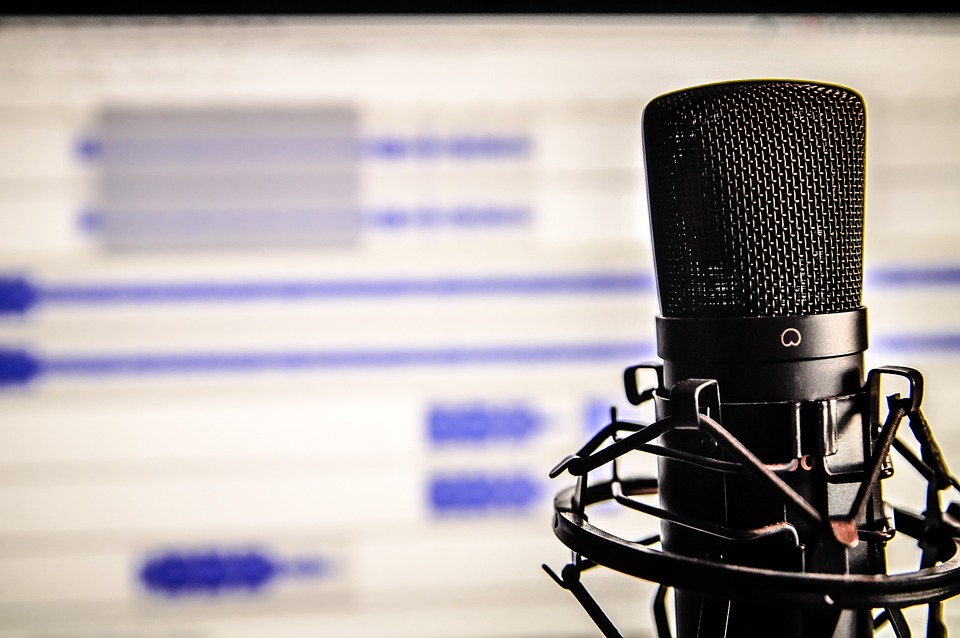Unleashing Creativity: Innovative Approaches to Music Composition in 2024
The year 2024 has witnessed a remarkable surge in innovative approaches to music composition, as artists and composers continue to push the boundaries of creativity. From advancements in technology to new methodologies, the landscape of music composition has evolved significantly, offering musicians and composers a plethora of tools and techniques to explore.
One of the most notable advancements in music composition in 2024 is the integration of artificial intelligence (AI) into the creative process. AI has proven to be a powerful tool for composers, enabling them to generate unique melodies, harmonies, and even entire compositions. Through machine learning algorithms, AI systems are capable of analyzing vast amounts of musical data, learning from existing compositions, and generating new musical ideas. This has opened up a whole new world of possibilities for composers, allowing them to effortlessly explore diverse musical styles and experiment with unconventional chord progressions and structures.
Furthermore, virtual reality (VR) technology has made significant strides in music composition. VR platforms provide composers with immersive environments where they can visually and spatially interact with their compositions. These platforms enable composers to visualize their music in three dimensions, creating an entirely new level of engagement and expression. Composers can now manipulate virtual instruments, experiment with different soundscapes, and even conduct virtual orchestras, all within a simulated environment. This not only enhances the compositional process but also offers a unique and immersive experience for listeners.
Collaborative composition tools have also gained popularity in 2024, allowing musicians and composers to work together in real-time, regardless of their physical location. With the advent of cloud-based platforms and advanced audio streaming technology, musicians can now collaborate seamlessly, sharing ideas, recording tracks, and providing feedback instantaneously. This has revolutionized the way composers work, fostering a global community of artists who can come together, regardless of geographical constraints, to create innovative and boundary-pushing music.
In addition to technological advancements, composers in 2024 are also exploring new methodologies and approaches to music composition. The traditional boundaries between genres have become increasingly blurred, with composers embracing a more eclectic and inclusive approach. This has led to the emergence of hybrid genres, fusing elements from different musical traditions, cultures, and styles. Composers are also experimenting with unconventional instrumentation, incorporating non-traditional instruments and sound sources into their compositions. This cross-pollination of musical ideas and influences has resulted in a rich and diverse musical landscape that celebrates experimentation and innovation.
The year 2024 has opened up a world of possibilities for music composition, driven by advancements in technology, collaboration, and a willingness to push creative boundaries. With AI and VR technologies at their disposal, composers can now explore uncharted territories, creating music that was once unimaginable. The collaborative nature of modern composition tools has also allowed for a global community of artists to come together, fostering creativity and innovation on a global scale. As we move forward, it is exciting to imagine what other innovative approaches to music composition will emerge, as artists continue to unleash their creativity and redefine the boundaries of musical expression.

